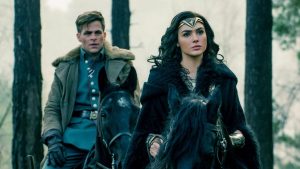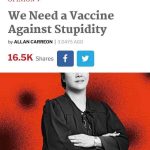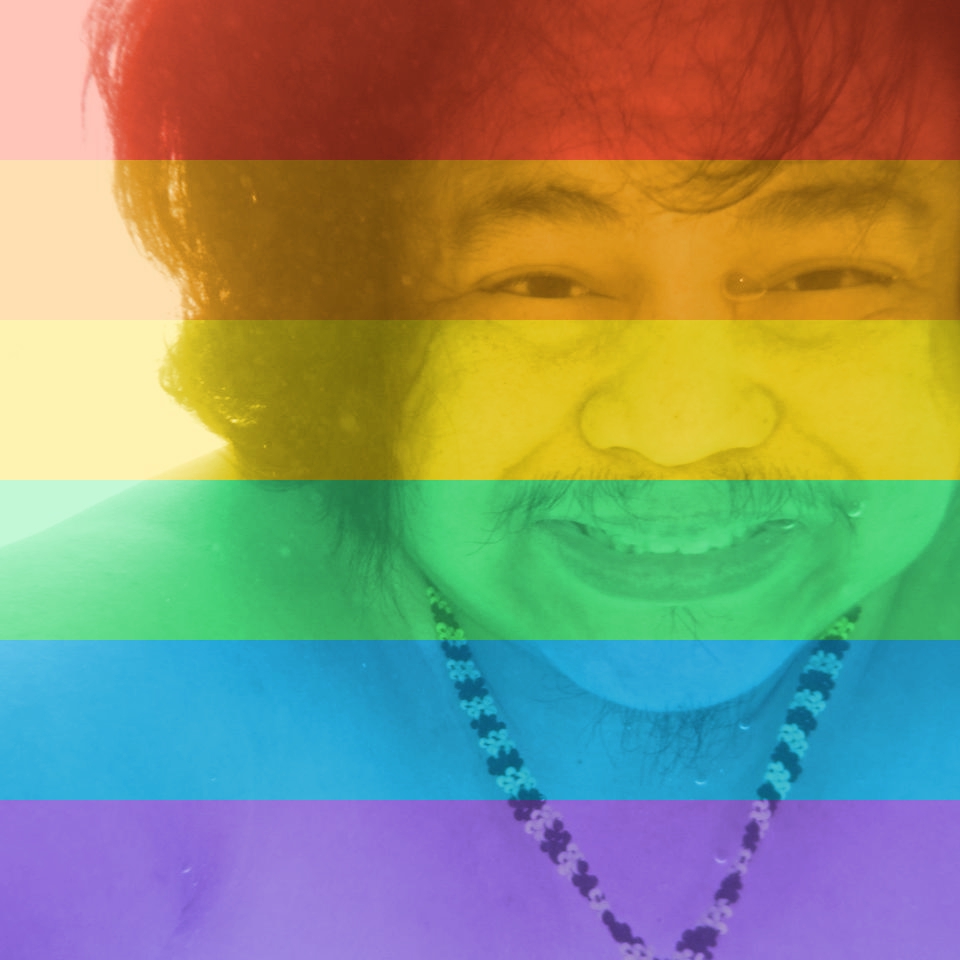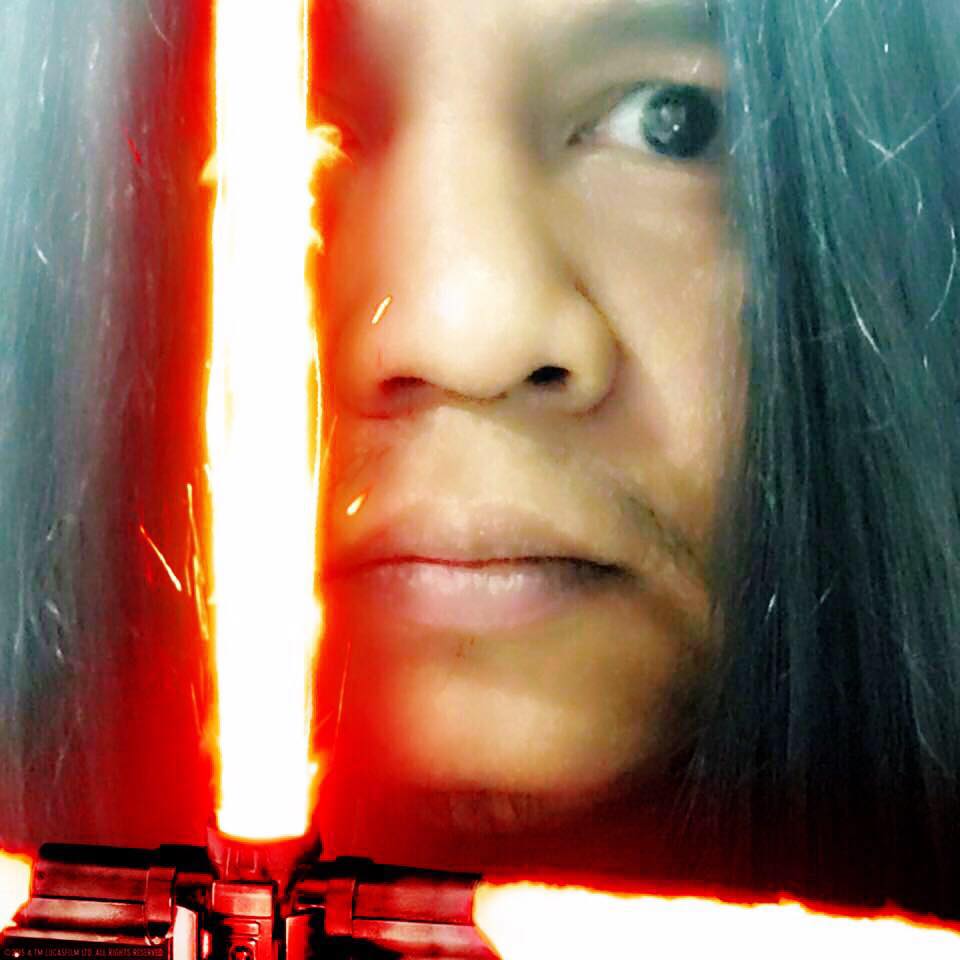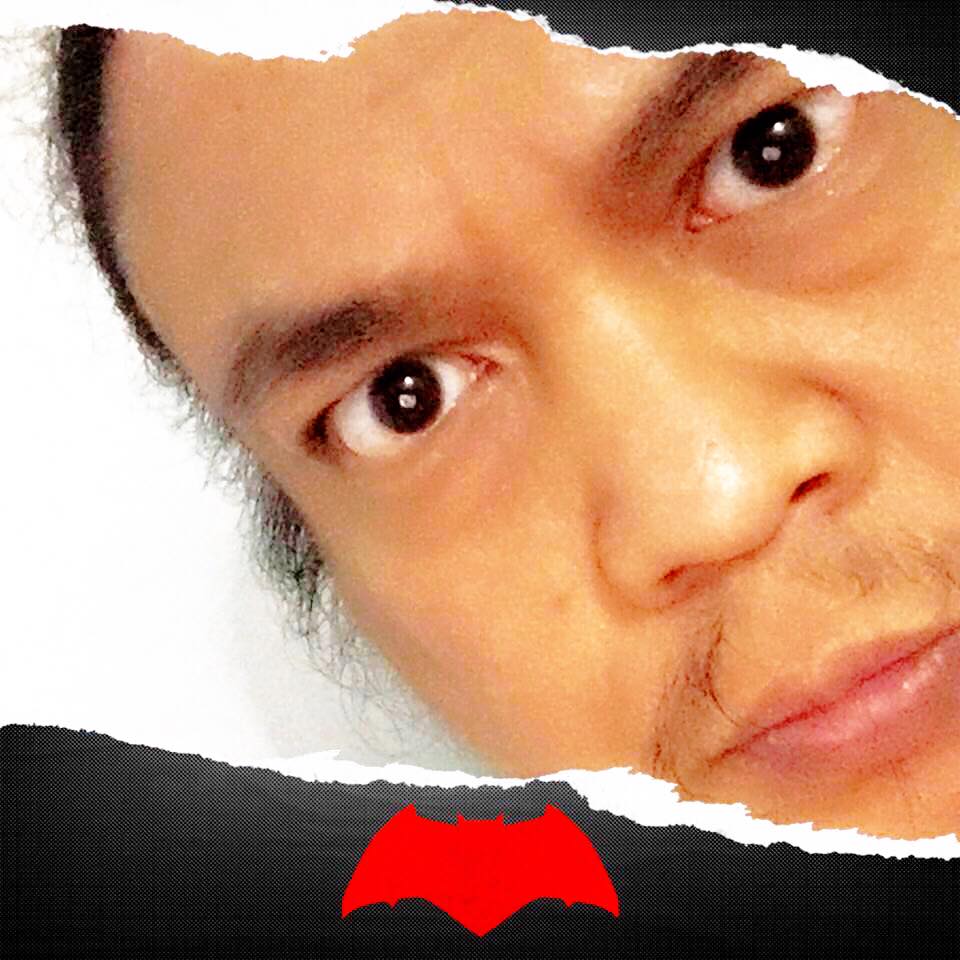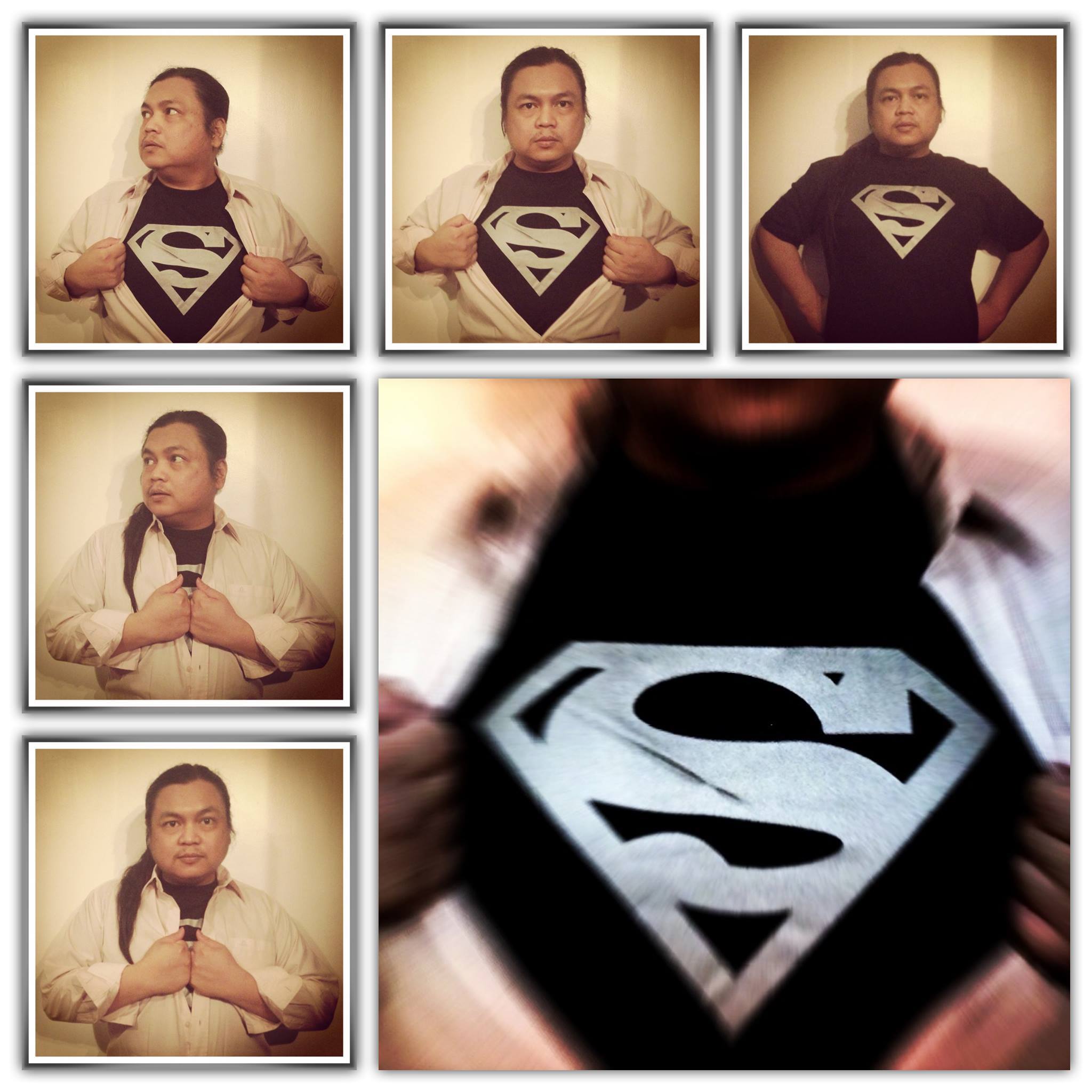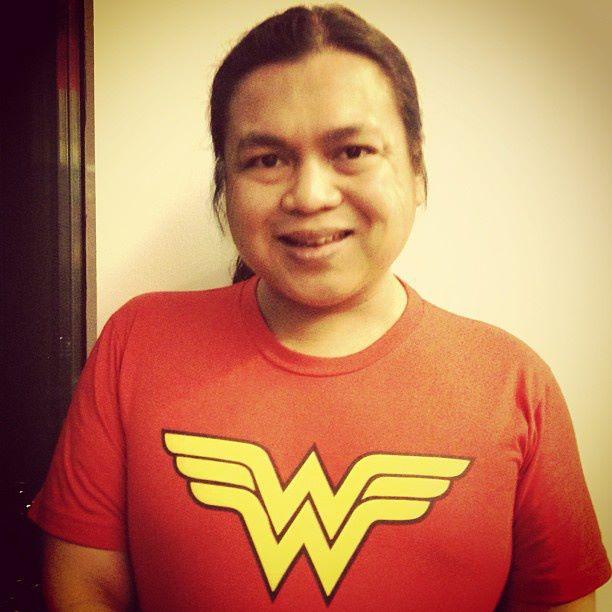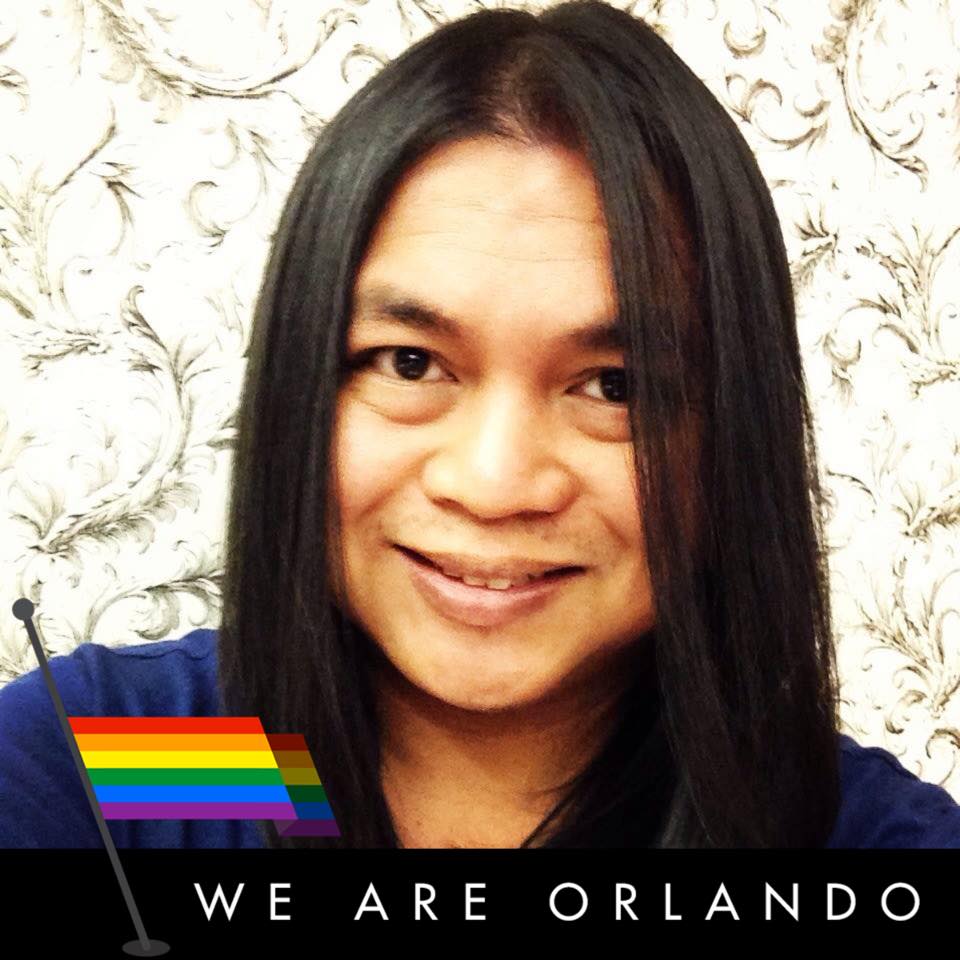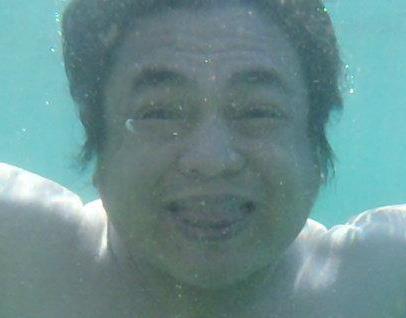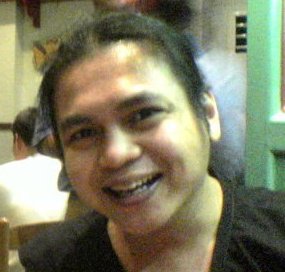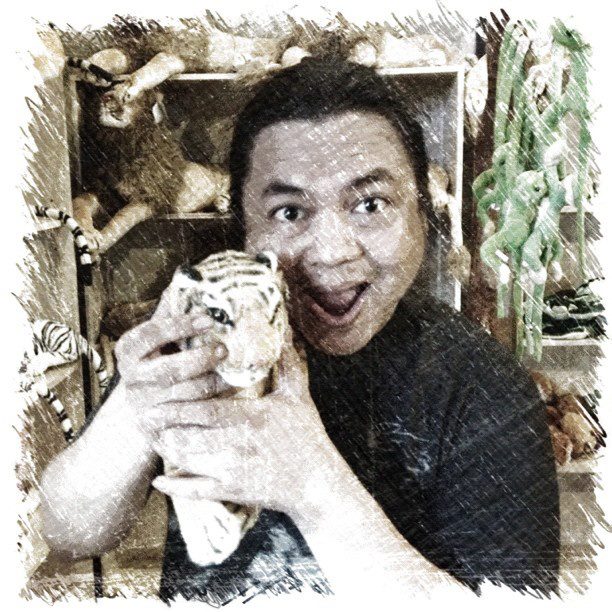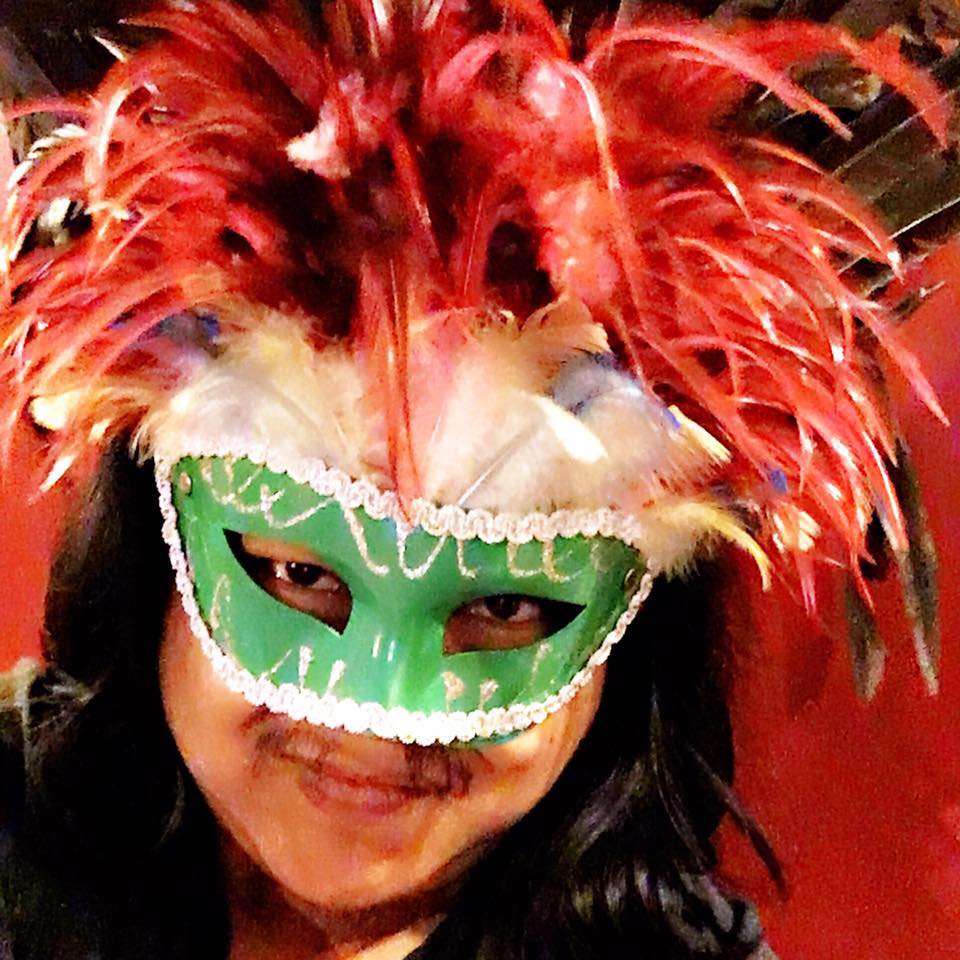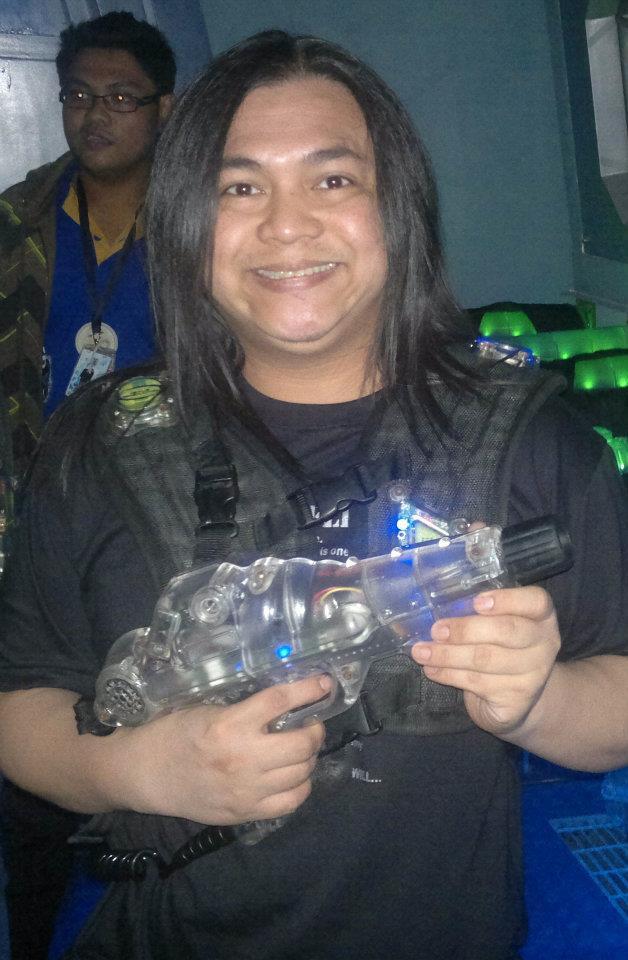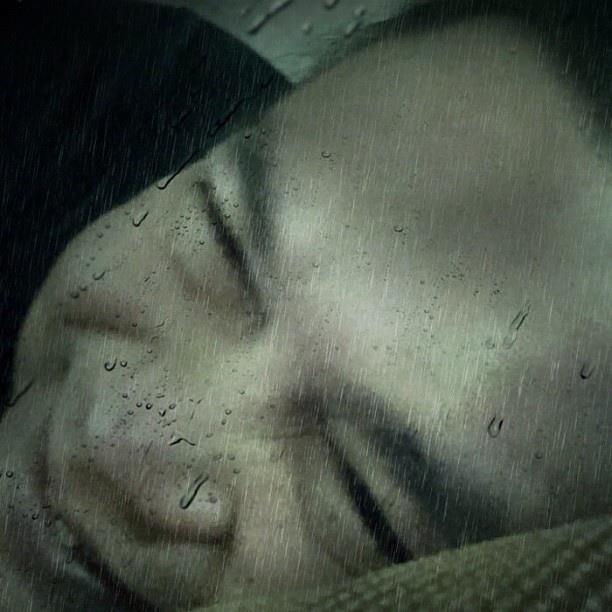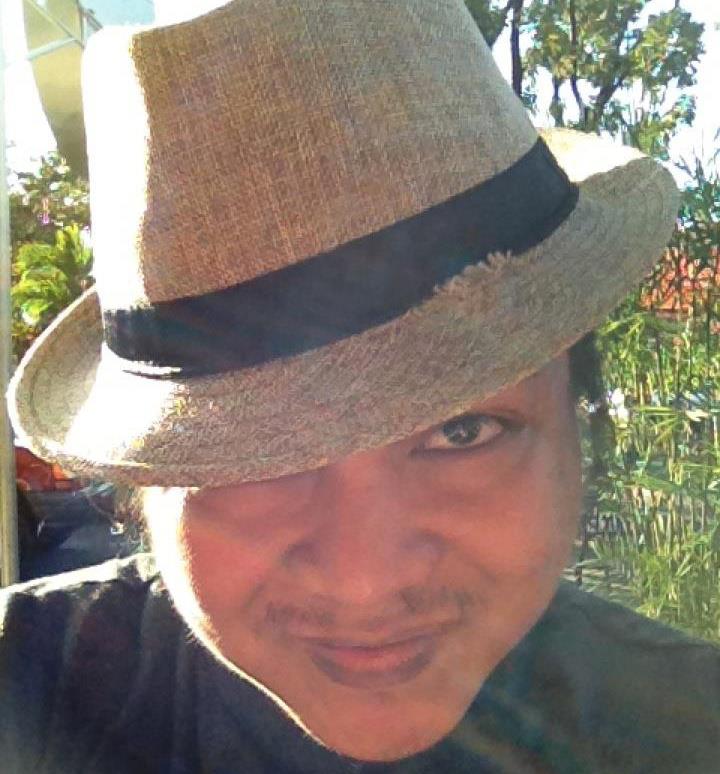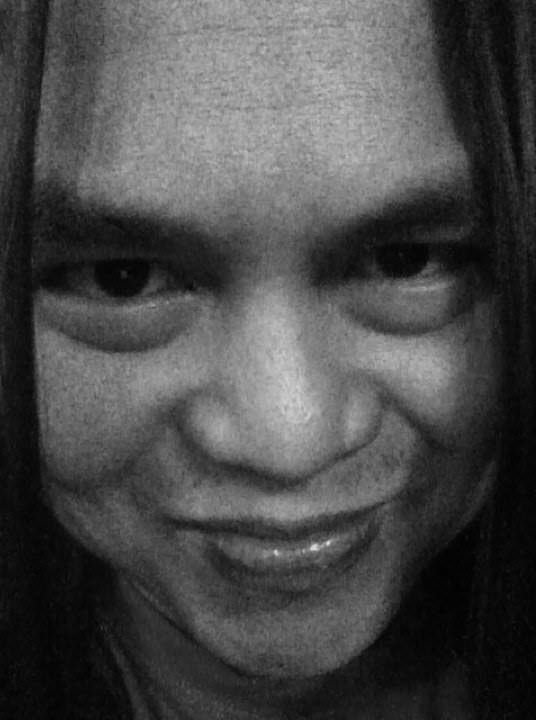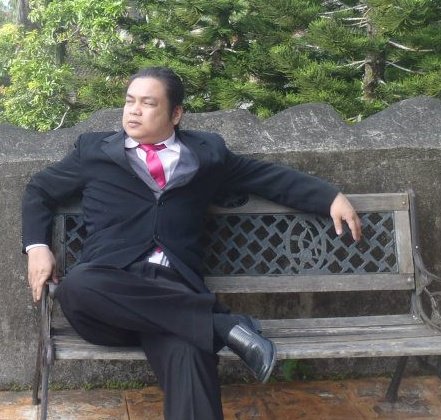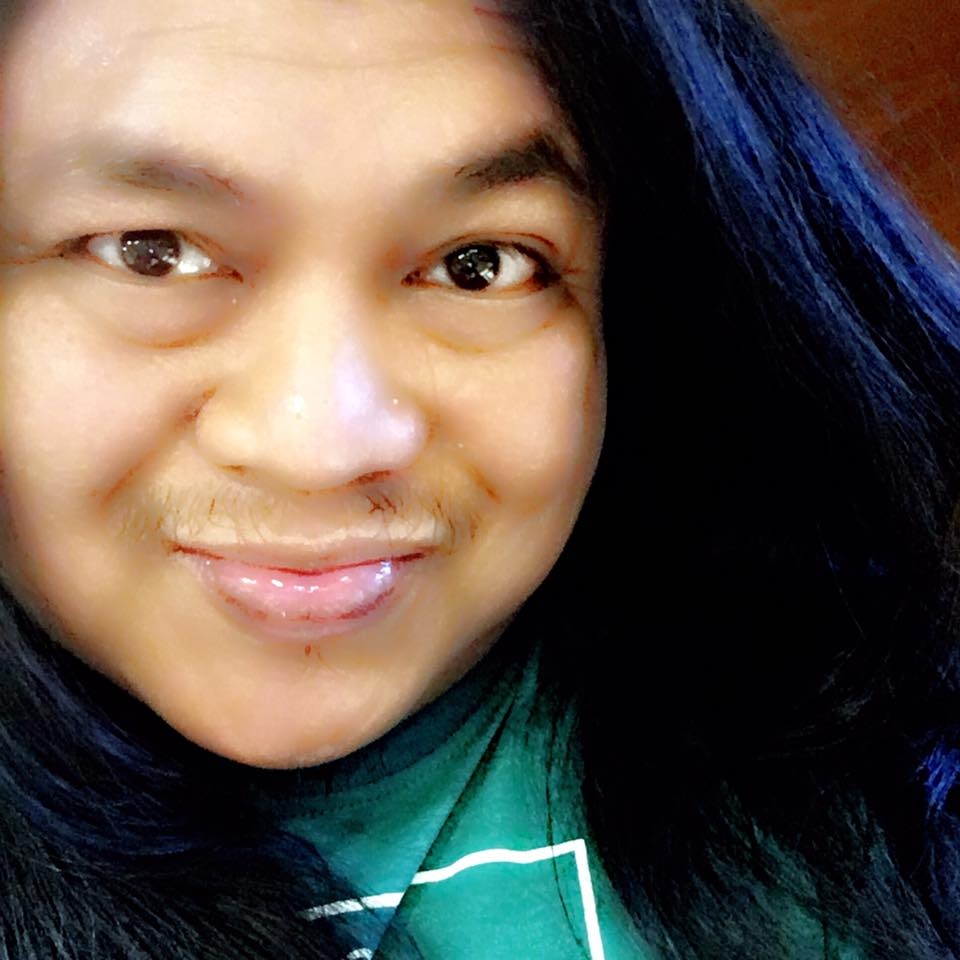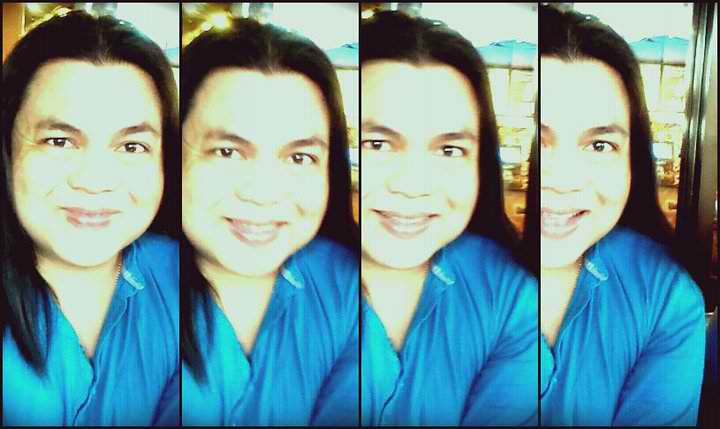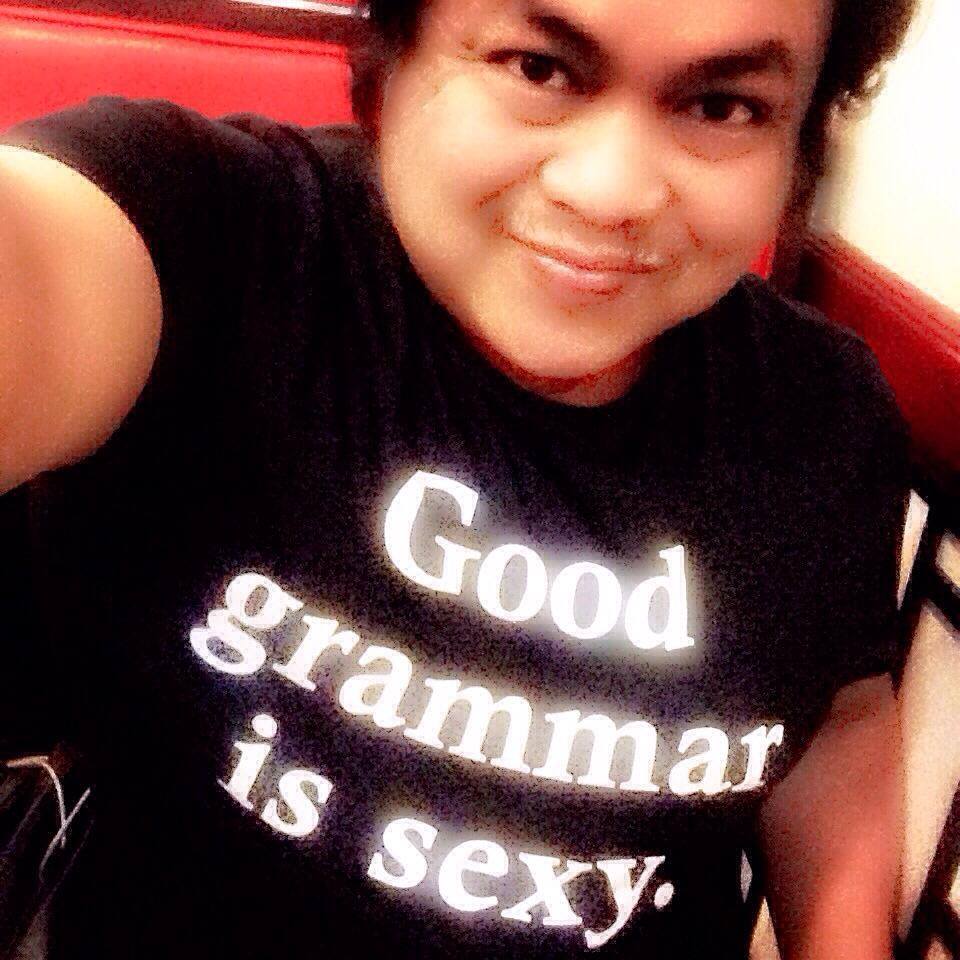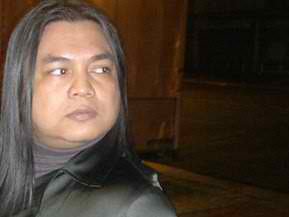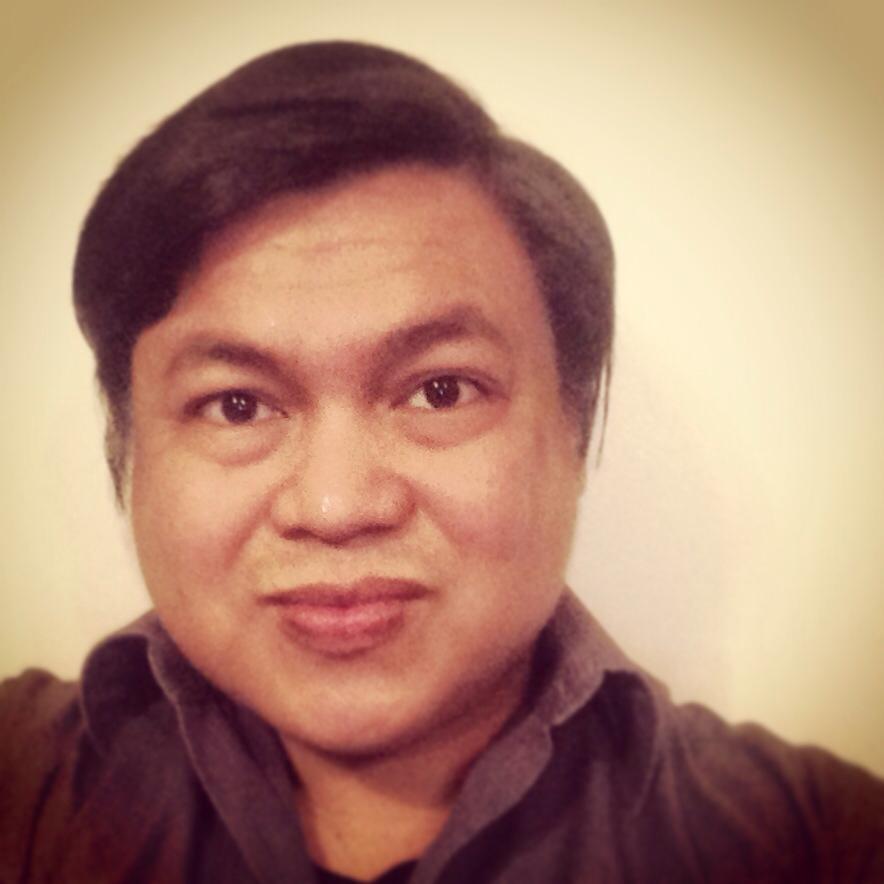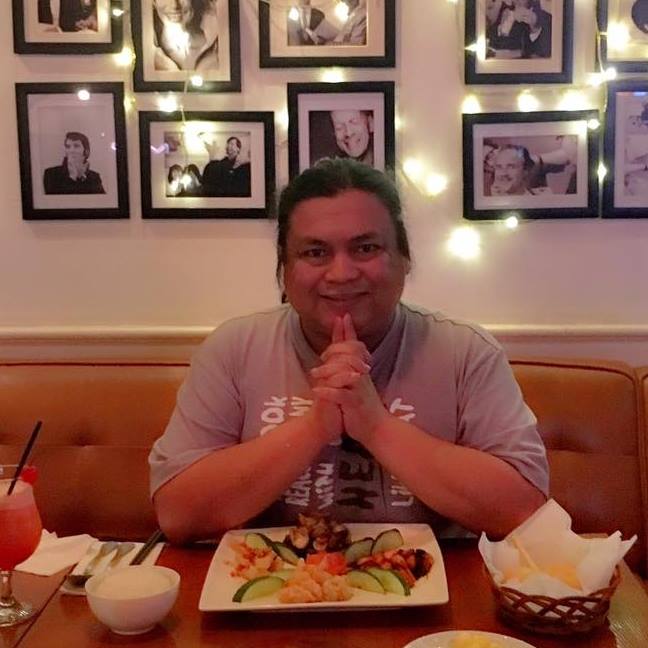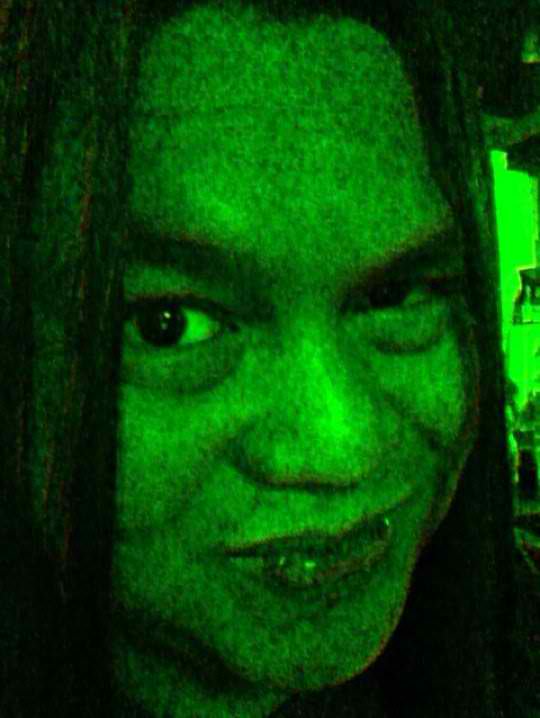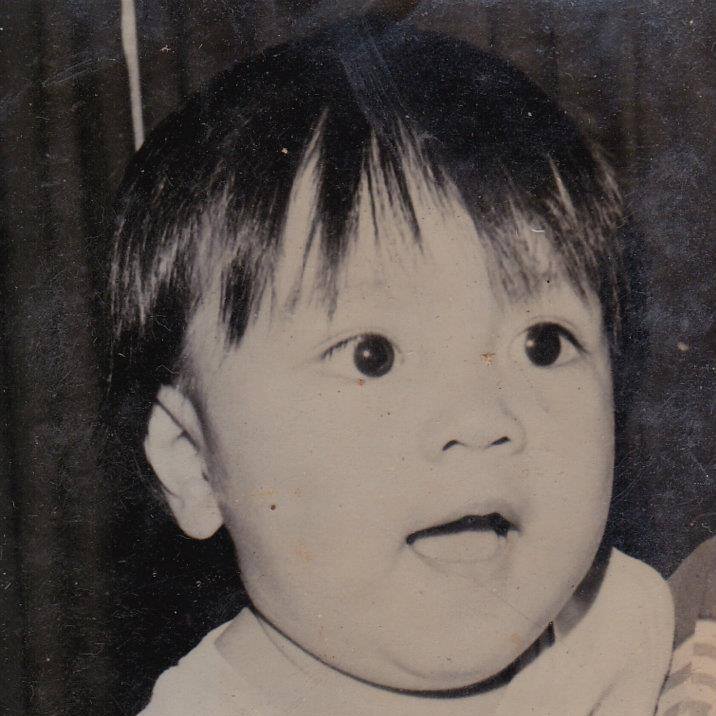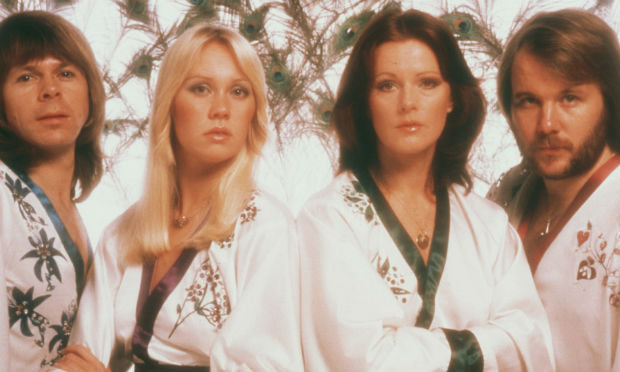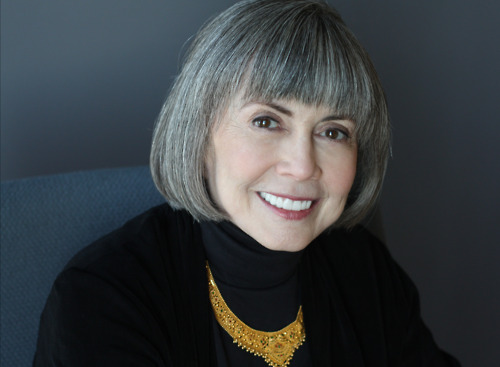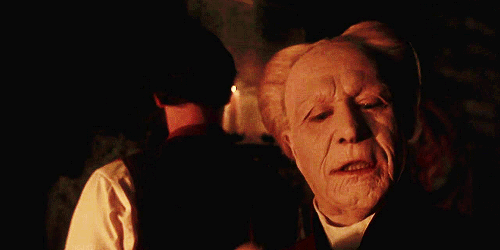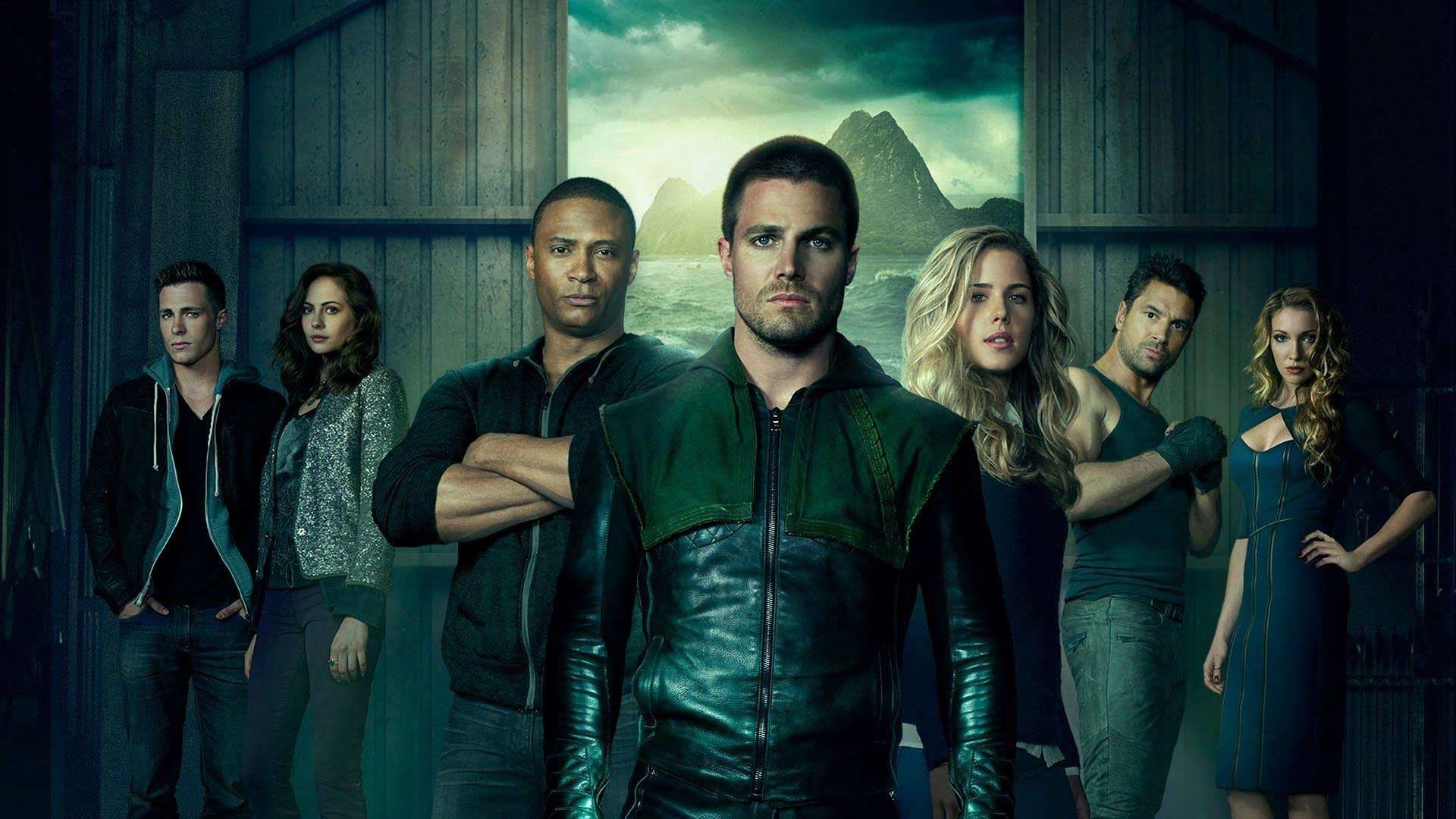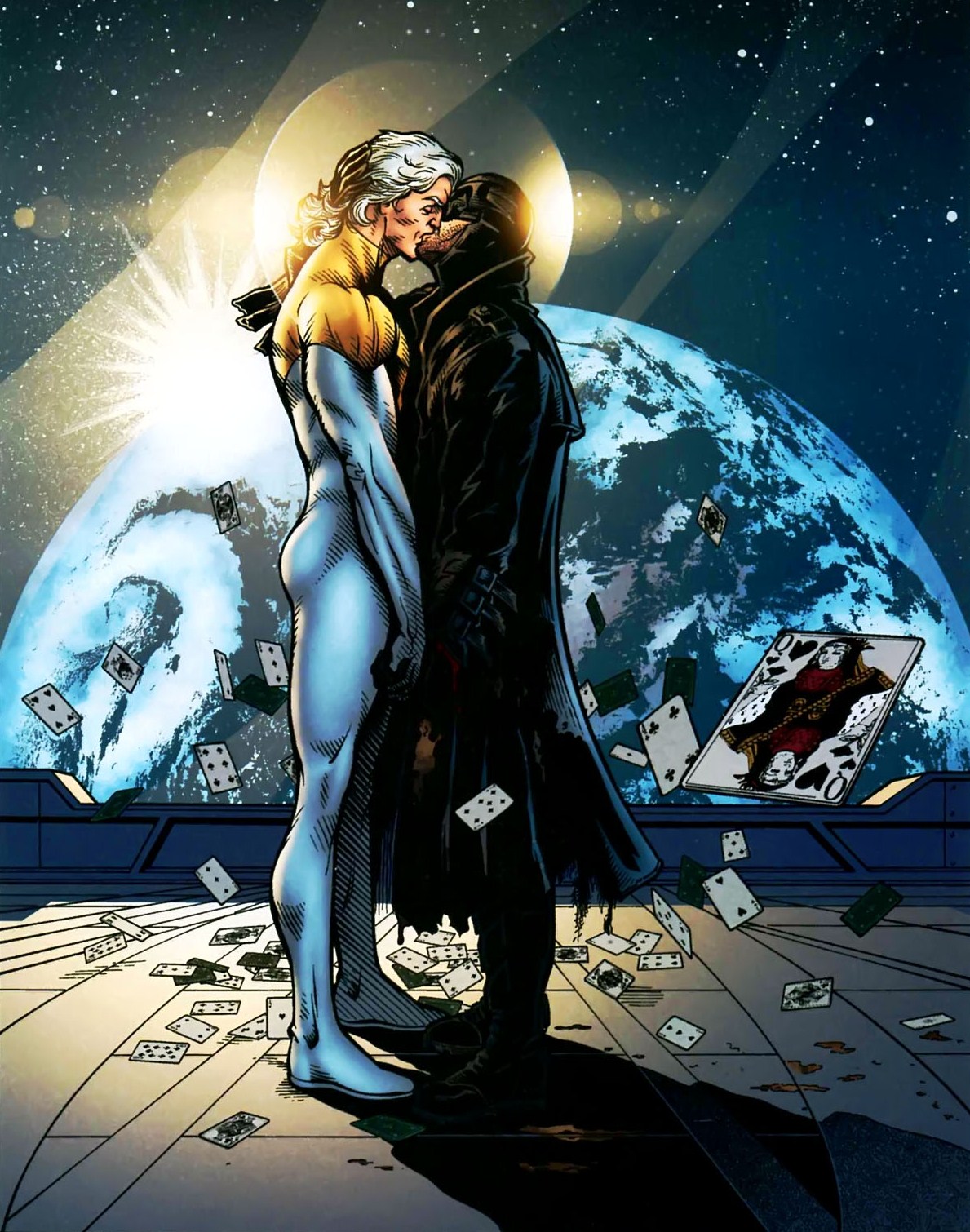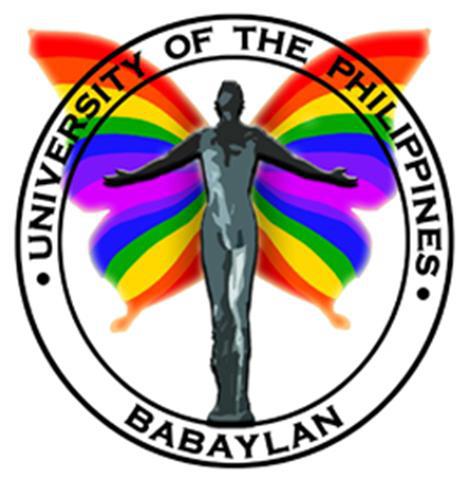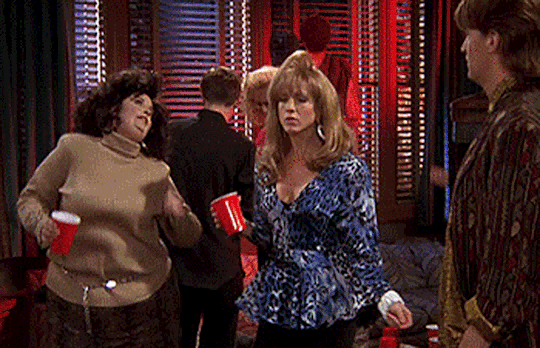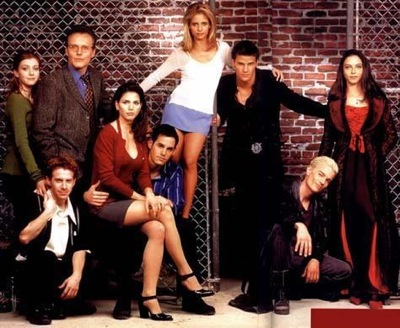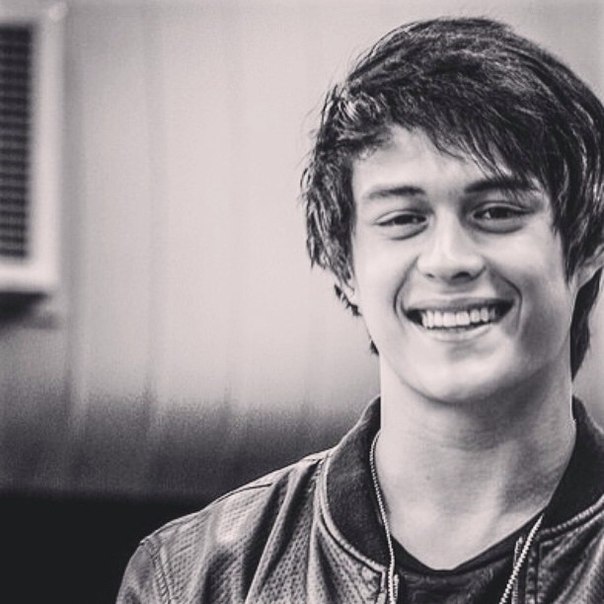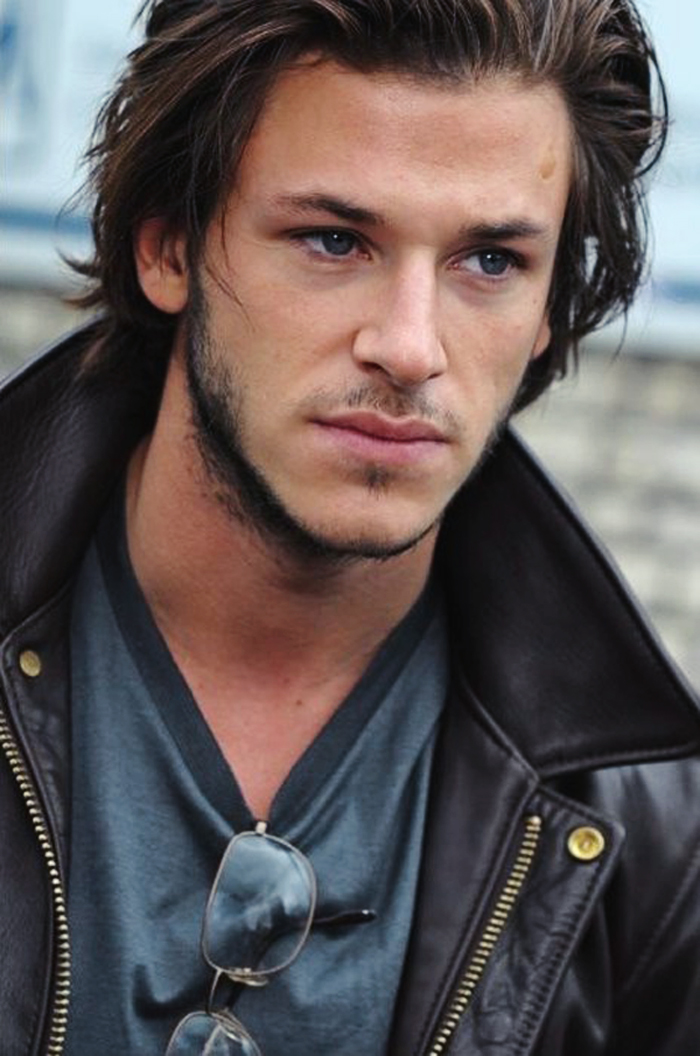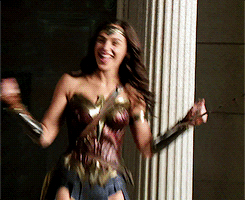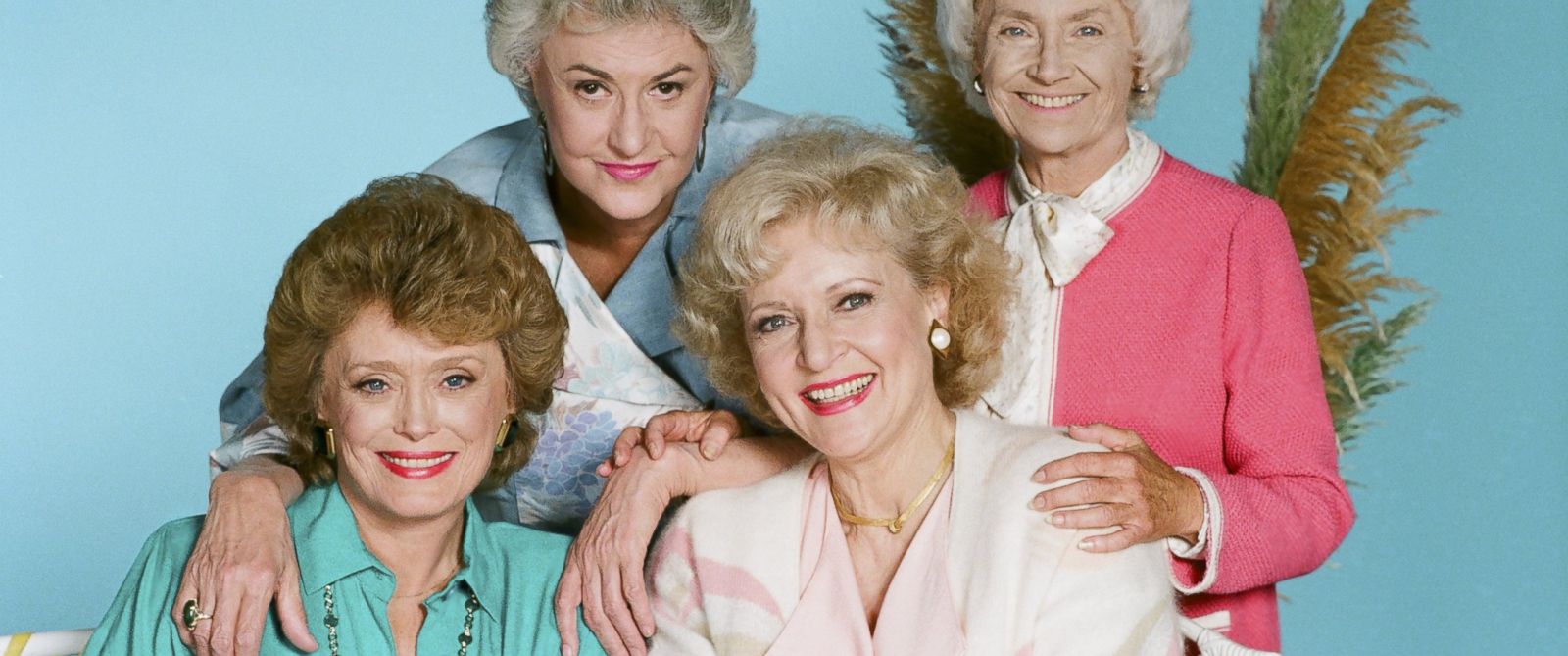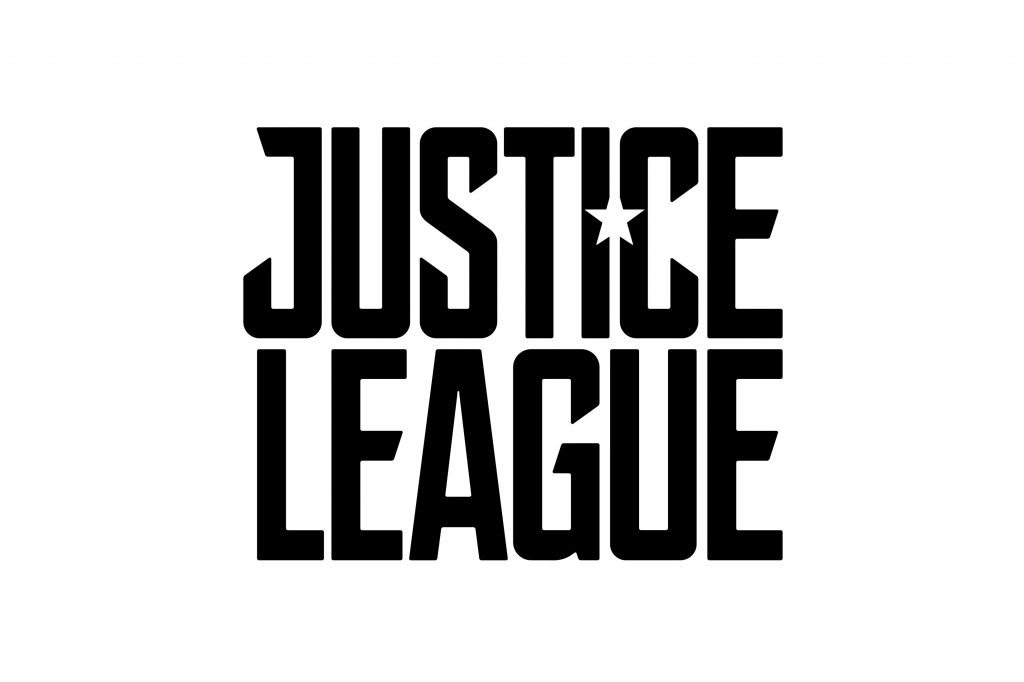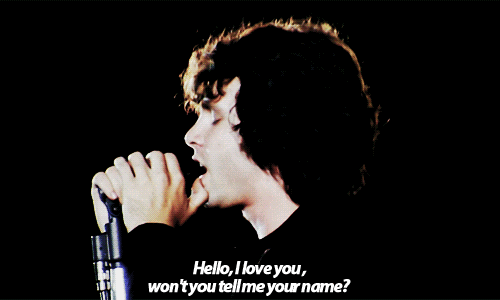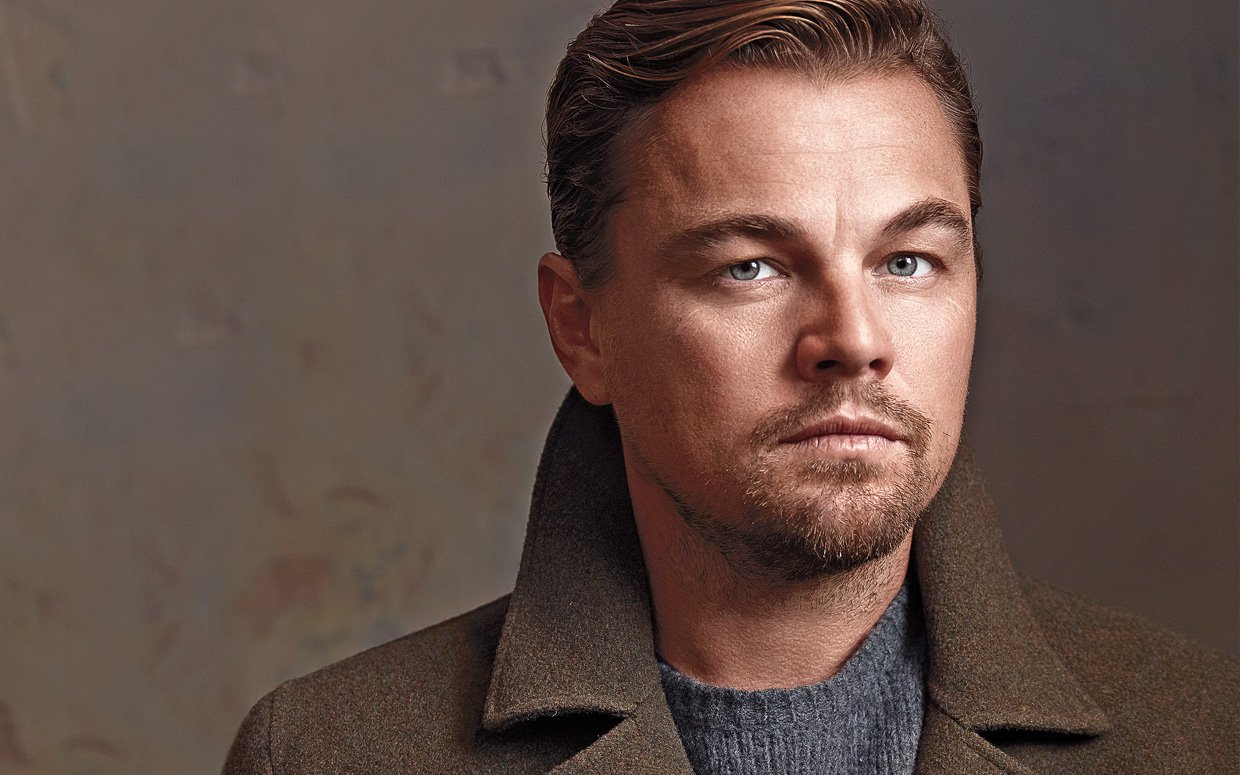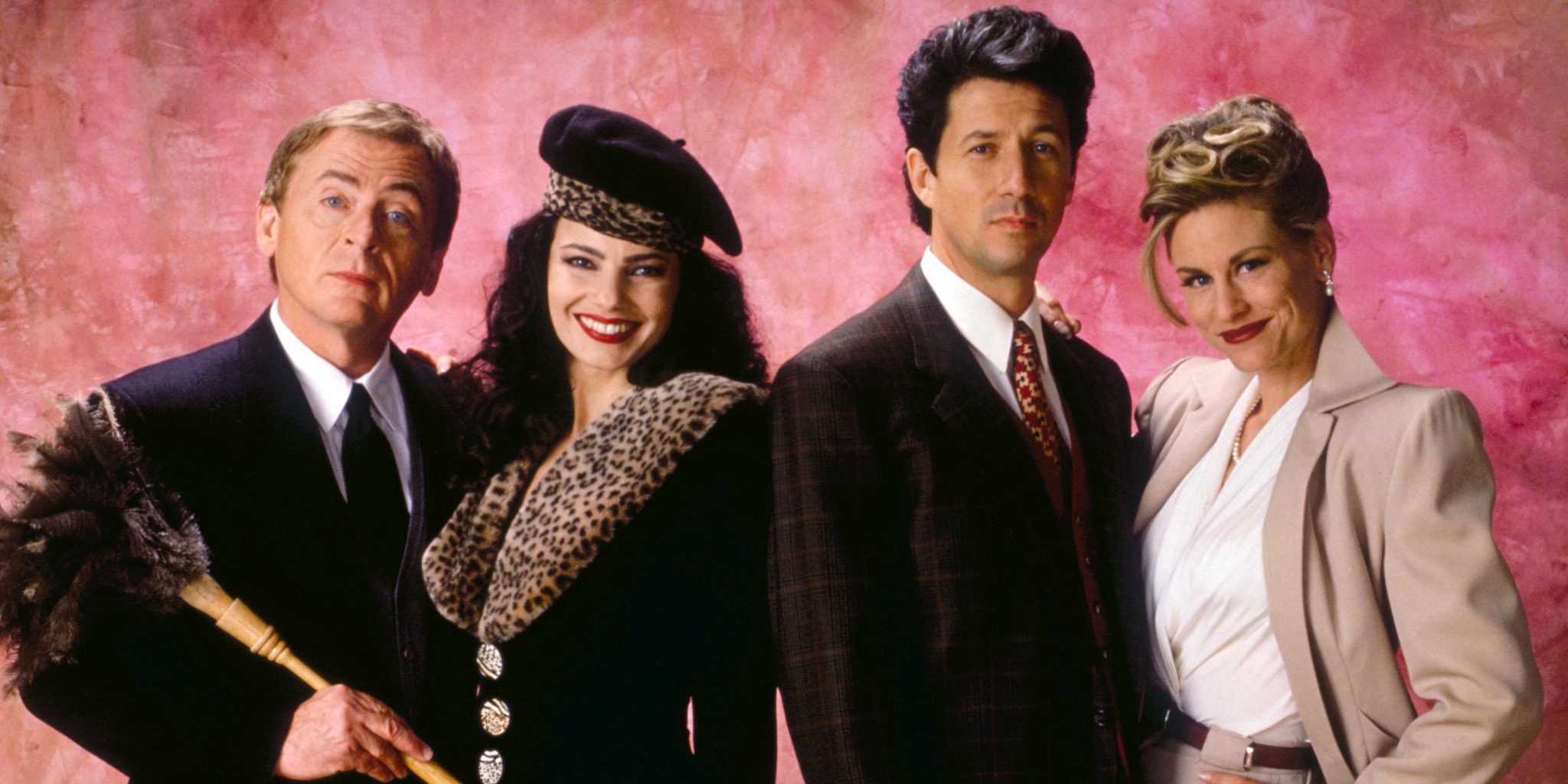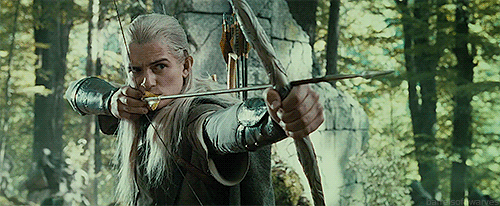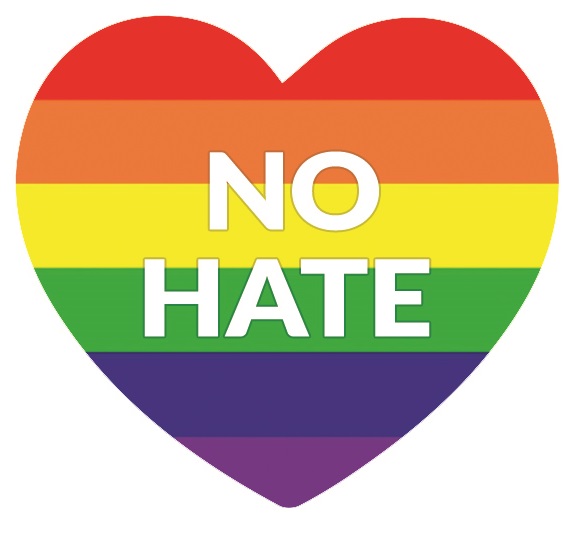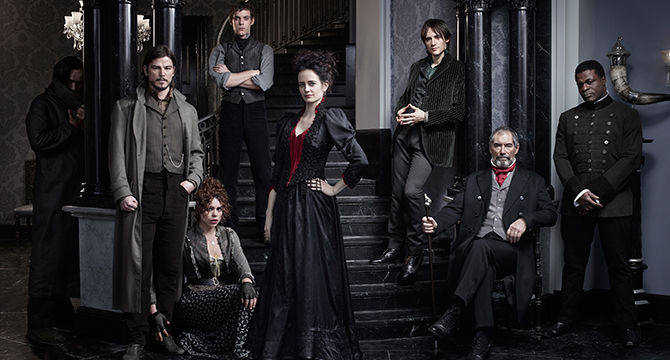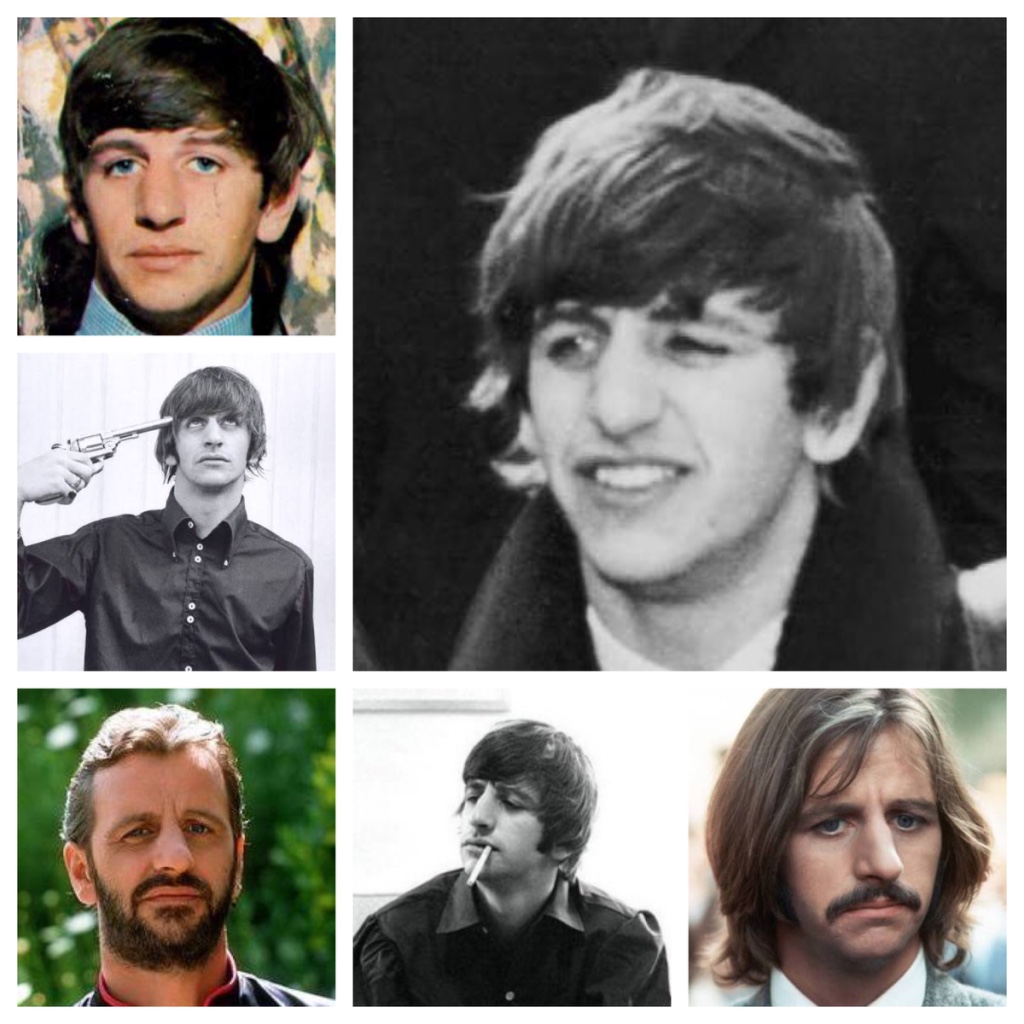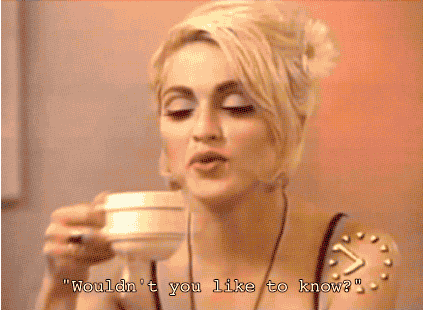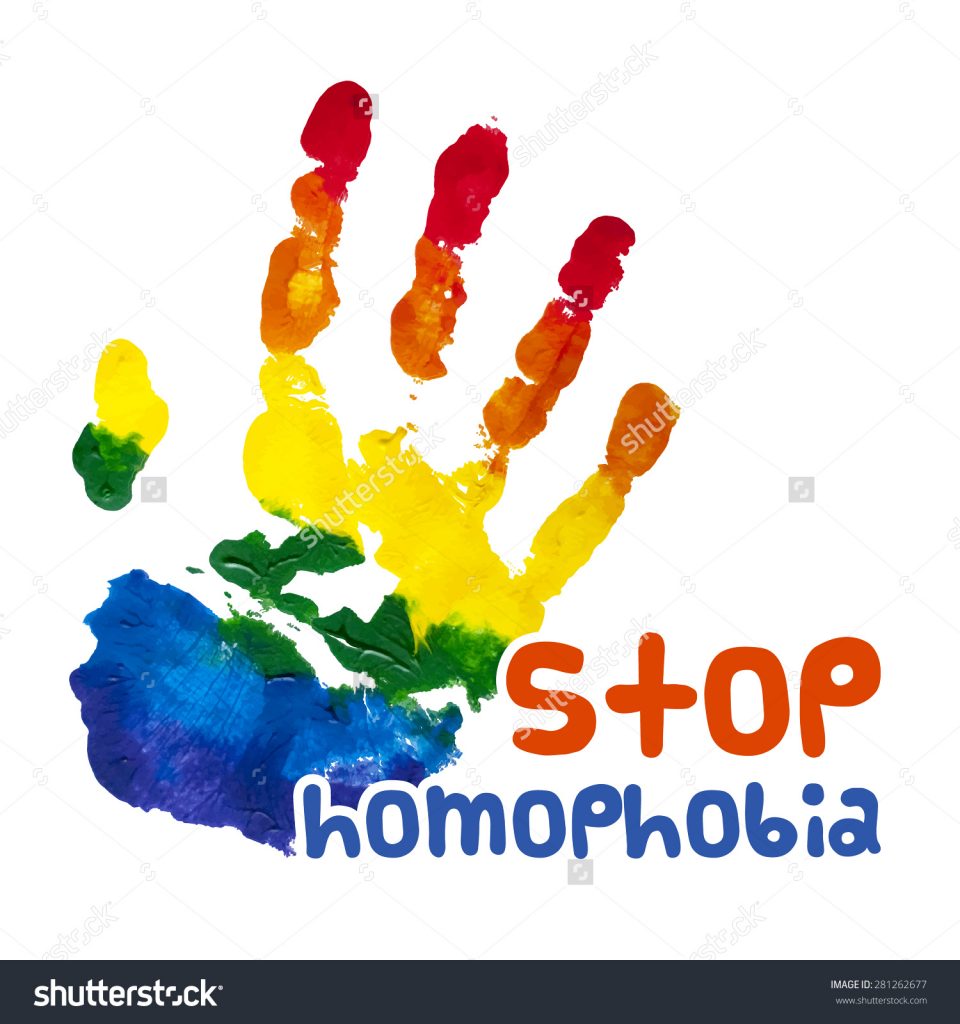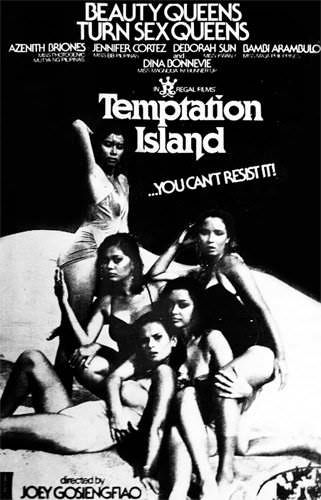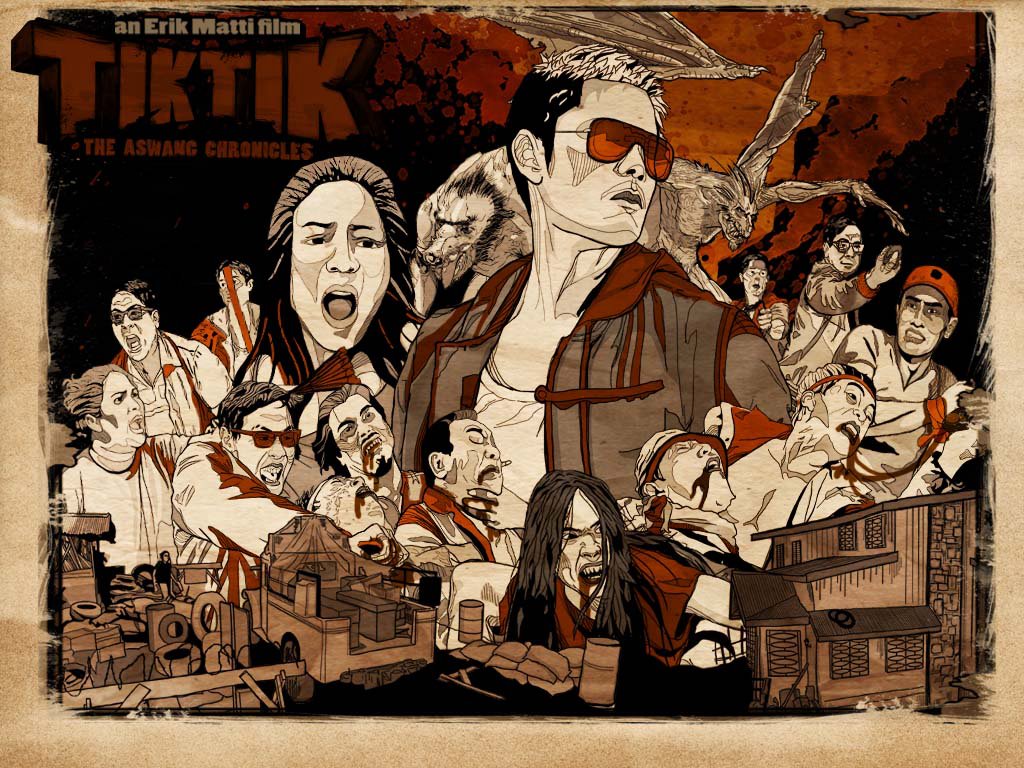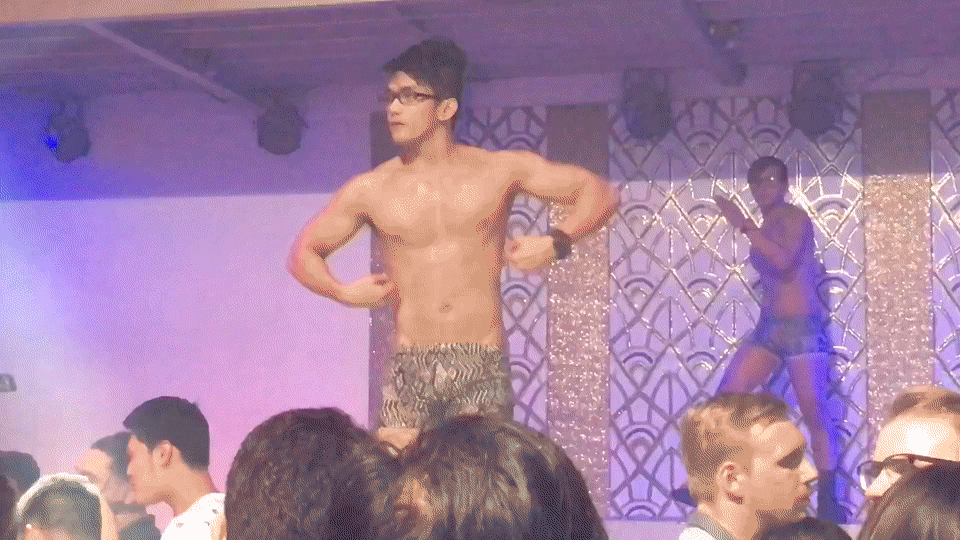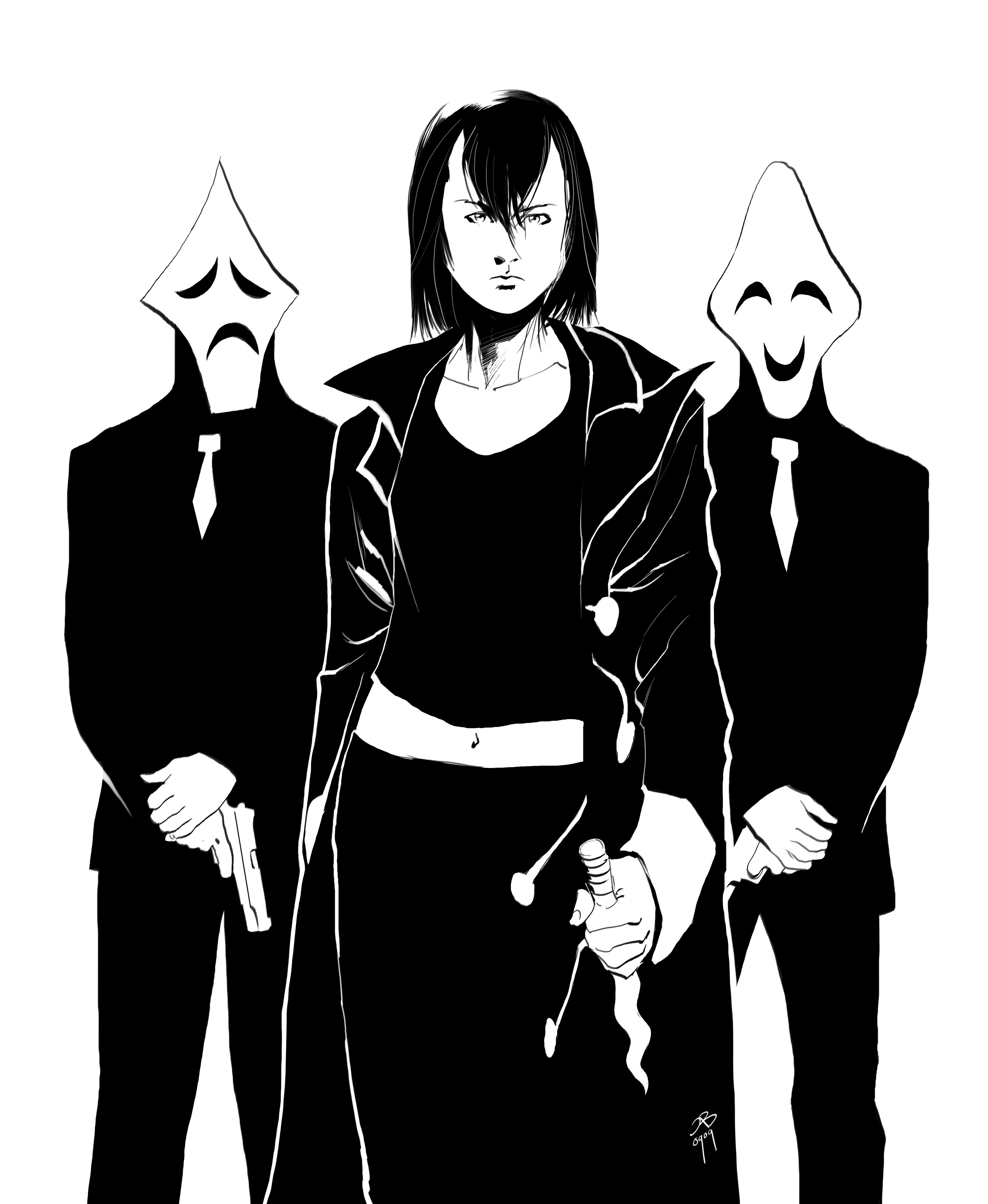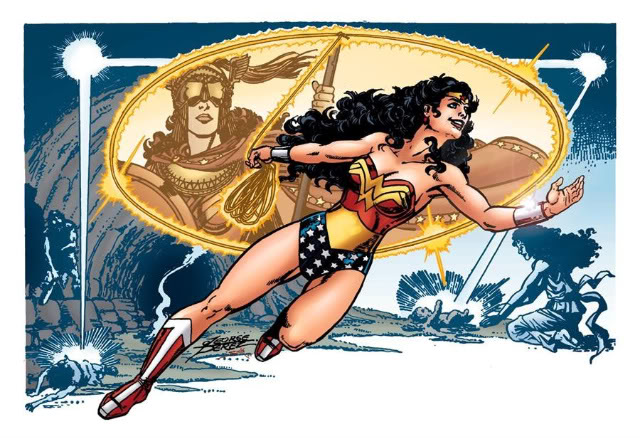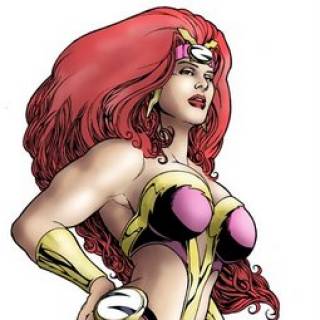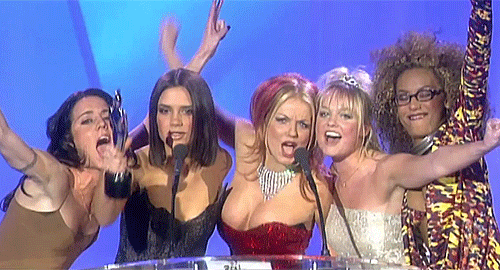The Wonder Woman, Part 2: Stop A War With Love
by allancarreon on Jun.08, 2017, under Film & TV, Geeky, Queer
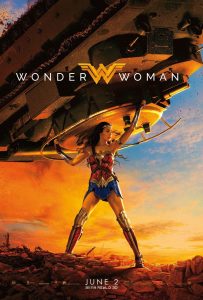 Continued From:
Continued From:
The Wonder Woman, Part 1: Now The World Is Ready For You
*** SPOILERS ***
The great thing about Wonder Woman is how well it still fits into the over-all atmosphere and themes of the DC Extended Universe (DCEU) while creating its own niche. While I personally have enjoyed all of the DCEU films so far (Man of Steel, Batman V Superman, and Suicide Squad), they have largely been divisive primarily due to how dark and often depressing they can be. The appeal these movies have for me is how thought-provoking they can be – how much they delve much deeper into ethics, psychology, and similar mature themes rarely looked at in the genre.
Wonder Woman certainly still fits into that mold because – perhaps even more than its feminist stance – it is a film that questions the worth of humanity and provides us a good hard look at the what we are capable of across a moral spectrum. However, on top of these themes, it offers so much more than what we’ve seen so far in the DCEU: innocence, pure joy, fun, hope, and a better balance of humor and seriousness.
The DCEU has been criticized for a lack of humor (though Suicide Squad did have plenty of dark comedy), and Wonder Woman breaks that streak with plenty of humor. No, not the same as the quippy and banter-y humor of the Marvel Cinematic Universe (MCU), which I think is nice but overdone and already sometimes inappropriate, but definitely a lot more natural humor – derived from situations as cultures clash and fish-out-of-water moments play out.
It also sticks closely to a combination of 76 years’ worth of Wonder Woman tales. There are, of course, some changes as the story was adapted for film. Perhaps the most significant is moving the tale from World War II to World War I. It seemed like an odd choice at first, possibly a way to avoid 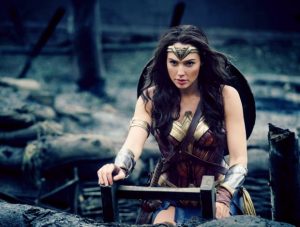 comparisons to Captain America: The First Avenger (an unwarranted and sill comparison given the roots of Wonder Woman), but then when I watched the movie, I realized why the choice of time period was made.
comparisons to Captain America: The First Avenger (an unwarranted and sill comparison given the roots of Wonder Woman), but then when I watched the movie, I realized why the choice of time period was made.
Unlike World War II, the first World War has been viewed by many in hindsight as not so black and white. Whereas WWII had a clear evil emanating from Nazi Germany’s Holocaust, WWI has been viewed as a war where things are more morally gray. One could not really completely say that the Central Powers were fully in the wrong, or that the Allied Powers were fully righteous in their position.
WWI was also a turning point in the history of warfare. It signalled the modernization of war into the beginnings of what we know today: tanks, mechanized armaments, chemical weapons (which fits in very well with the usage of Dr. Poison), and more. Trench warfare also made the battles more grounded and horrifying. And so for a story that delves deep into the mythology of war, setting it in history’s first true World War makes sense.
Ultimately, after all, this is what gives Wonder Woman the philosophical depth it has embraced, for right from her creation Wonder Woman has been more than a superheroine; she has always been a symbol and a metaphor.
Here we see a woman, sheltered and optimistic, finally witness the harsh realities of mankind and war. Not the “exciting adventure of battle” that she imagined when she was a child, but the truth about war: the suffering, the wounded, the traumatized.

She also grew up in an isolated society that generally kept the notions of gray from her. Her initial belief in the goodness of mankind and in the thought that evil is nothing more but the influence of one malevolent deity is challenged by the realization that humanity is not as noble or kind as she had deemed it to be. In that crucial moment, she finally realizes that good and evil are choices that man makes rather than a predestined state of being.
She finally understands that Ares is nothing more than an influencer, a tempter, an entity who gives mankind choices – but ultimately man has the free will to choose to commit evil. Ares is not a mind controller. War is not something that can be stopped by just killing one bad guy, as Steve pointed out. War is man’s choice and not his deity.
And when her innocence is shattered by this truth, she is faced with her own choice: abandon mankind for its capability to do evil, or continue with her quest to save mankind because it is also capable of so much good.
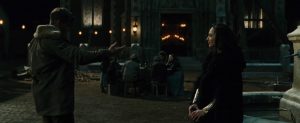
While many might see the sacrifice of Steve Trevor as the key to Diana’s final actions, the crucial moment truly came when she faces off wordlessly with the frightened Dr. Poison. Tank held aloft and faced with the quivering and scarred woman responsible for so much death and destruction – Diana sees not Dr. Poison but Isabel Maru, in whose eyes she finds a glimpse of humanity. And in the same way that Diana saw that Steve may not have been as completely noble or good as she thought him to be, she sees in Maru’s eyes a hint of possible goodness underneath all the evil she has wrought.
And true to her comic book roots, Diana chooses compassion.
(Without any word in that scene, Elena Anaya actually made me feel sympathy for Dr. Poison. I felt how broken she was and how she could still be saved from her darkness. Seriously, I teared up at that. Elena gets props for conveying so much emotion with her eyes.)

It was the best character moment in a movie full of wonderful character moments. In that moment with Dr. Poison, Diana remembers Steve’s loving sacrifice, and she sees that Maru – despite her despicable actions – is also human and worthy of the same love and compassion.
So when Diana says that she believes in love, it’s not her love for Steve. It’s because Steve showed that, despite humanity’s flaws, mankind is still capable of a self-sacrificing love and thus worthy of saving and help. That is the love she believes in.
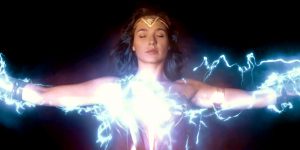 And so, rather take rightful vengeance against a mass murdering war criminal, Diana shows love and compassion to the broken and terrified woman cowering beneath her.
And so, rather take rightful vengeance against a mass murdering war criminal, Diana shows love and compassion to the broken and terrified woman cowering beneath her.
That was the moment that told me that, yes, Patty and the team get it.
This is Wonder Woman.
This has always been the essence of Wonder Woman.
This is why her original 40s origin had Aphrodite, the goddess of love, as her patron. Beyond the trappings of superheroics, Diana is someone who believes in compassion and understands that even the worst of mankind can still be rehabilitated and saved.
As Lynda’s theme song goes, Wonder Woman could indeed stop a war with love.
Continued In:
The Wonder Woman, Part 3: Get Us Out From Under
